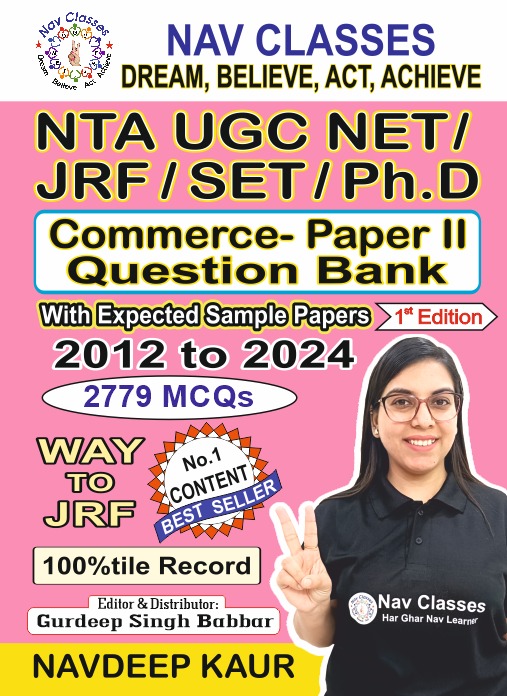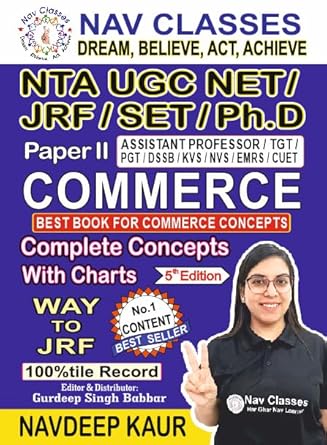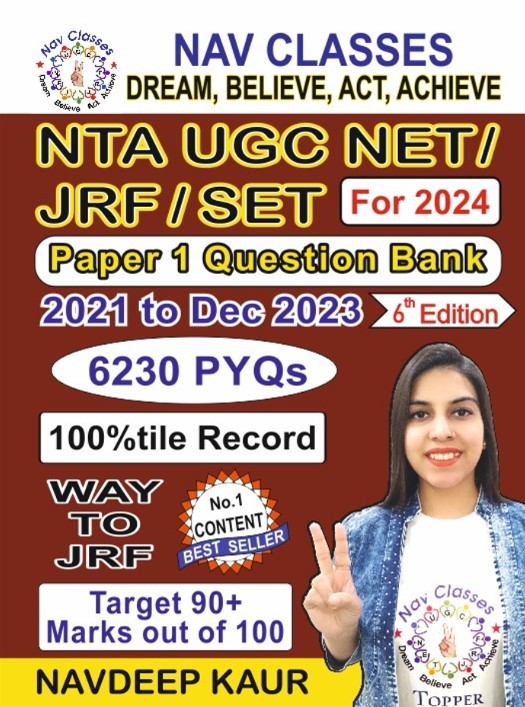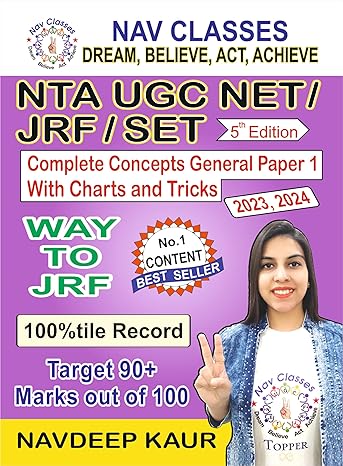1.How many times the word “Secular” appears in our constitution?
[A] 1
[B] 2
[C] 3
[D] 4
SHOW ANSWER
Explanation: The term “secular” appears twice in Indian Constitution, first in Preamble and then in Article 25 (a). ©navclasses
2.Who among the following was the first Speaker of the Lok Sabha?
[A] Ganesh Vasudev Mavalankar
[B] M.A. Ayyangar
[C] Sardar Hukam Singh
[D] N. Sanjiva Reddy
SHOW ANSWER
Explanation: First Lok Sabha had two speakers. Ganesh Vasudev Mavlankar remained speaker between 8 May 1952 and 8 Mar 1956 and M. A. Ayyangar between 27 Feb 1956 and 10 May 1957. ©navclasses
3.Who among the following introduced the Preventive Detention Bill in 1950 in the Indian parliament?
[A] Baldev Singh
[B] Narahar Vishnu Gadgil
[C] Sardar Patel
[D] Jawahar Lal Nehru
SHOW ANSWER
Explanation: The first preventive detention bill of Independent India was moved in 1950 by Sardar Patel. Patel had said that he had several sleepless nights before deciding if it was necessary to introduce the bill. Consequently, the Preventive Detention Act, 1950 was enacted by the Parliament on 26th February 1950. ©navclasses
4.which among the following articles of Constitution of India deals with “Prohibition of Traffic in Human beings” ?
[A] Article 21
[B] Article 22
[C] Article 23
[D] Article 24
SHOW ANSWER
Explanation: Article 23 provides for prohibition of traffic in human beings and forced labour. It says (1) Traffic in human beings and begar and other similar forms of forced labour are prohibited and any contravention of this provision shall be an offence punishable in accordance with law (2) Nothing in this article shall prevent the State from imposing compulsory service for public purpose, and in imposing such service the State shall not make any discrimination on grounds only of religion, race, caste or class or any of them. ©navclasses
5.Right to Safety, Right to information, Right to Choose, Right to be heard & Right to Seek Redressal are the essential components of which among the following?
[A] Fundamental Rights in the Constitution of India
[B] The Consumer Protection Act
[C] The Essential Commodities Act
[D] Prevention of Corruption Act
SHOW ANSWER
Explanation: The Consumer Rights under Consumer Protection Act include several rights such as Right to safety, Right to choose, Right to be informed, Right to consumer education, Right to be heard, Right to Seek redressal etc. ©navclasses
6.Who among the following is the ex-officio chairman of Indian Council of World Affairs ?
[A] Foreign Minister
[B] President
[C] Vice President
[D] Prime Minister
SHOW ANSWER
Explanation: The Indian Council of World Affairs is a New Delhi based Indian think-tank. Established in 1943, it is devoted exclusively for the study of international relations and foreign affairs. By an Act of Parliament, it has been declared an institution of national importance in 2001. The Vice-President of India is ex-officio Chairman of the Indian Council of World Affairs. ©navclasses
7.Supreme Court has declared Right to Privacy as fundamental right under which article of Constitution of India?
[A] Article 18
[B] Article 19
[C] Article 20
[D] Article 21
SHOW ANSWER
Explanation: On 24 August 2017, a nine-judge bench of the Supreme Court headed by Chief Justice JS Khehar, ruled that the right to privacy is protected as an intrinsic part of the right to life and personal liberty under Article 21 and as a part of the freedoms guaranteed by Part III of the Constitution. ©navclasses
8.Article 20 of the Indian Constitution is an important fundamental right as it provides protection in respect of conviction for offences. Which of the following is not a safeguard under Article 20?
[A] Ex-Post facto law
[B] Double jeopardy
[C] Prohibition against self-incrimination
[D] Right to be produced before a magistrate within 24 hours
SHOW ANSWER
Explanation: Right to be produced before a magistrate within 24 hours is a safeguard against arbitrary arrest and detention provided under Article 22. ©navclasses
9.Which of the following writs is also known as wakening call?
[A] Mandamus
[B] Prohibition
[C] Certiorari
[D] Quo Warranto
SHOW ANSWER
Explanation: Mandamus means “we order”. The Supreme Court or High Court orders to a person, coropration, lower court, public authority or state authority. The order to do something.It’s a command or directive to perform something or some act ©navclasses
10.Which of the following is / are correct statements about the Port Trusts in India?
1. A port trust is created by an Act of state legislatures
2. Each port trust has an status of a Urban body such as Municipalities for providing civic amenities.
Select the correct option from the codes given below:
[A] Only 1 is correct
[B] Only 2 is correct
[C] Both 1 & 2 are correct
[D] Neither 1 nor 2 is correct
SHOW ANSWER
Explanation: The First statement is incorrect. A Port Trust in India is created by an Act of Parliament and the major ports are controlled by Major Port Act 1963. The port trust has an status of a area based Urban body such as Municipalities for providing civic amenities , so statement 2 is correct. ©navclasses







One Response
6/10